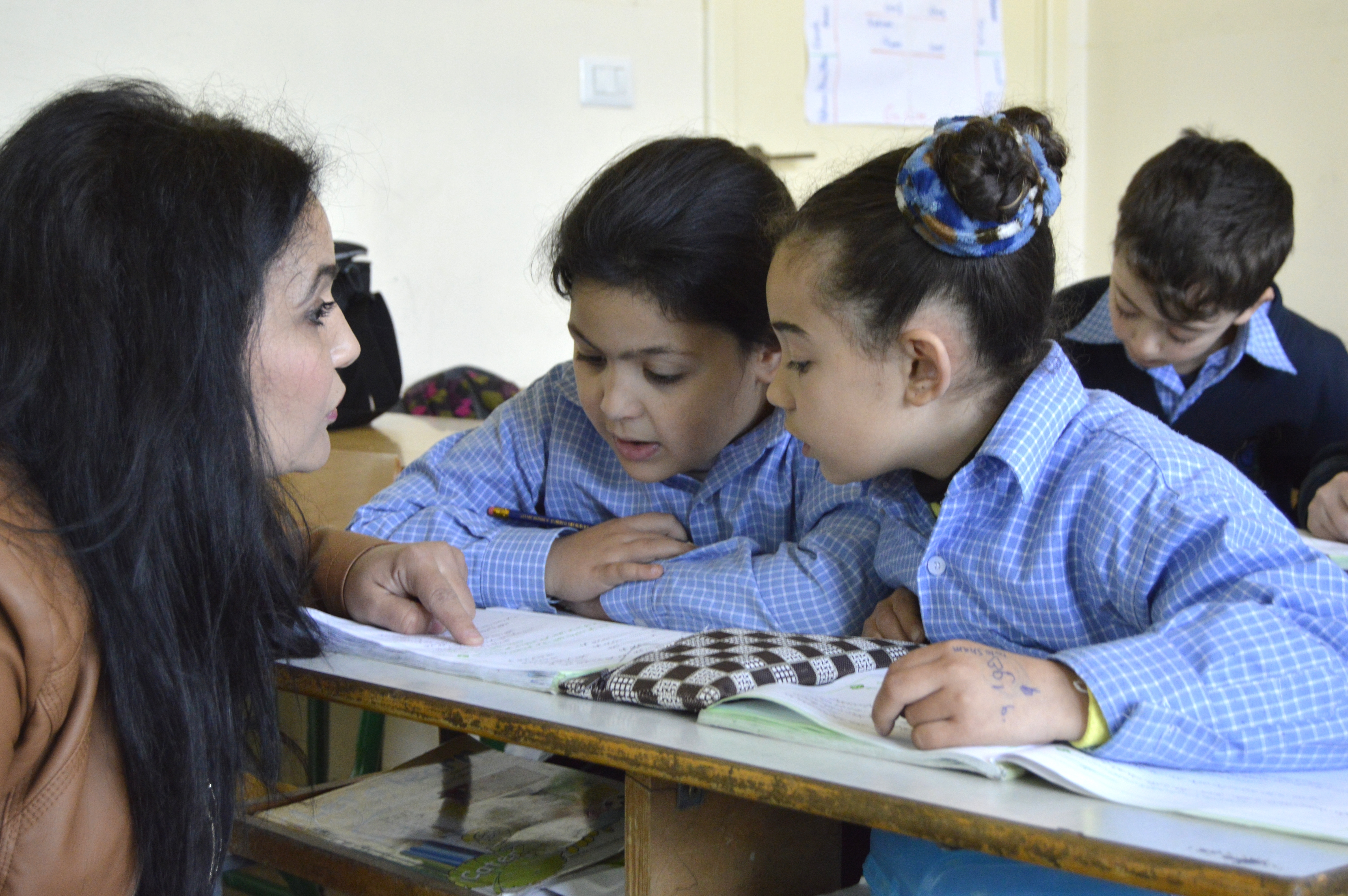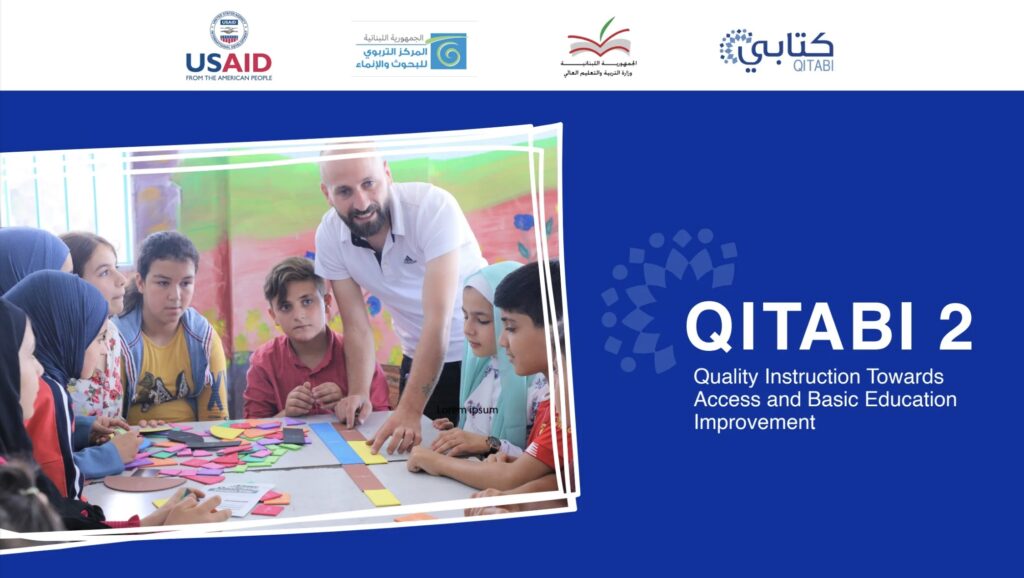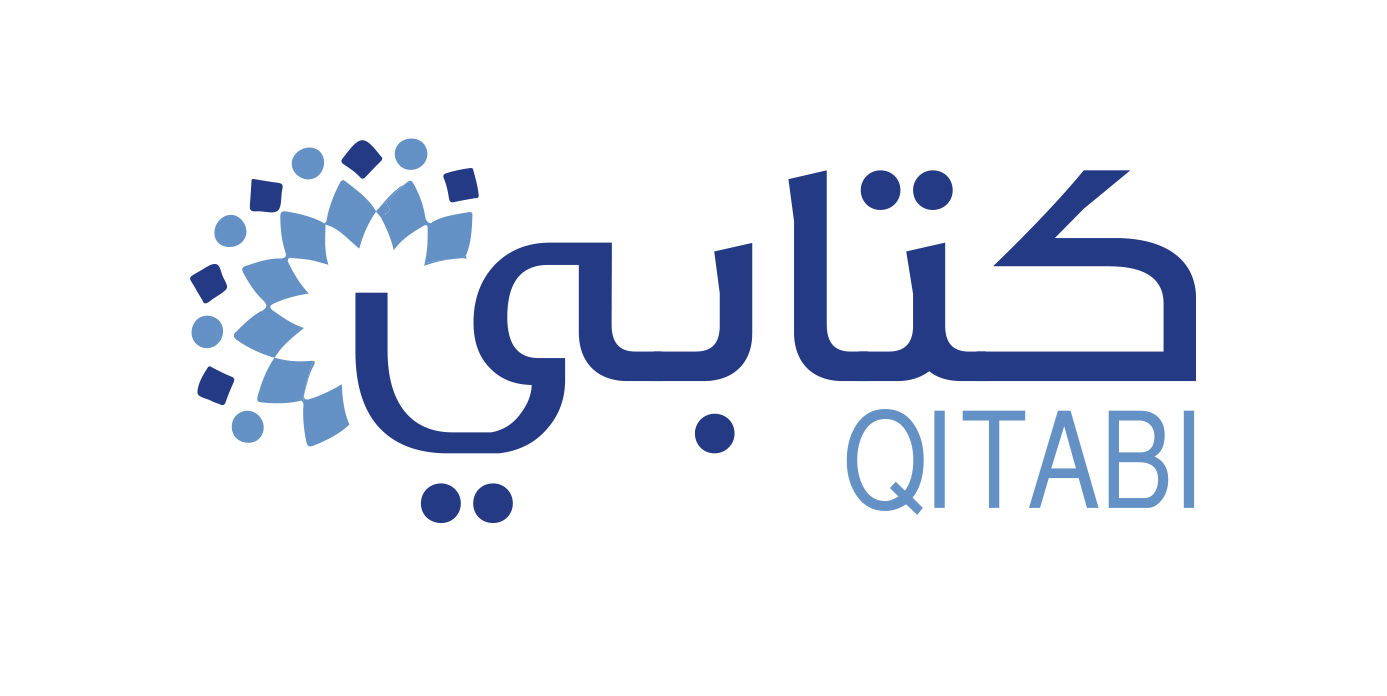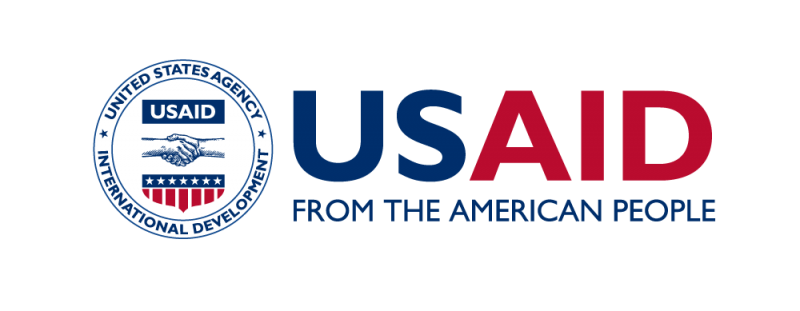-
What We Do
- WHERE WE WORK
-
About Us
 Welcome Message from Carol Jenkins, CEO
Welcome Message from Carol Jenkins, CEOWorld Learning believes that the best hope for peace, justice, and sustainability lies in bringing people together. Through cultural immersion, experiential learning, and information sharing, our programs equip others to collaboratively address the most pressing issues of our time.
Throughout my years at World Learning, I have had the fortunate opportunity to meet with many of our participants, partners, and alumni—a global network of learners. Our programs help them understand other cultures, master new skills, and cultivate networks. Our teaching and training methodologies empower them to find locally relevant, sustainable, and implementable solutions. Our approaches emphasize flexibility and adaptability that help them tackle real-world problems. They, in turn, make extraordinary changes in their lives and communities.
Please join us—and those we work with and serve around the world—in our pursuit to create a brighter and better future for all.
Carol Jenkins | CEO, World Learning
Allen Cutler | Chair, Board of Trustees - Get Involved

Where We Work > Program List
Quality Instruction Towards Access and Basic Education Improvement (QITABI) 2
DURATION: 03/31/2019 - 02/12/2025
FUNDER: USAID
PARTNER: Ministry of Education and Higher Education in Lebanon, Center for Educational Research and Development, American Lebanese Language Center, Ana Aqra’ Association, International Rescue Committee, Management Systems International
CONTACT: [email protected]
Program Description
Quality Instruction Towards Access and Basic Education Improvement (QITABI) 2 program aimed to improve the reading, writing, and social and emotional learning skills for more than 300,000 students at public primary schools in Lebanon.
QITABI 2 was a continuation of the successful Quality Instruction Towards Access and Basic Education Improvement (QITABI) program launched in 2014.
QITABI means ‘my book’ in Arabic, and the program’s main goal was to improve the reading, writing, math, and social and emotional learning skills of more than 300,000 students attending primary public schools in Lebanon. Many of these students resided in under-resourced rural areas and included Syrian refugees, who struggled with access to education and staying in school to learn these basic skills. QITABI represented the culmination of USAID’s 15-plus year investment in Lebanon’s public education sector, including the Developing Rehabilitation Assistance to Schools and Teacher Improvement 2 program (D-RASATI 2), also led by World Learning.
In the second phase, beginning in 2020, QITABI 2 rolled out its Arabic literacy program to all primary public schools in Lebanon to improve early grade reading outcomes.
Due to the global pandemic, the program developed free online learning materials to support students in Lebanon from grades 1 to 6. This effort was part of a nationwide pivot to distance learning during the COVID-19 lockdown and school closures. QITABI 2 developed approximately 500 mini animated lessons covering the Lebanese curriculum in Arabic, English, and French.
Homebound students also benefited from online social and emotional learning activities designed to equip them with lifelong skills. These activities engaged parents in their children’s education and helped children identify and express their emotions at home. Through these mini lessons—available to all students—QITABI 2 leveraged technology to help students grow into lifelong learners. The program also initiated strategic engagement with the private sector to foster Public-Private Partnerships and Private Sector Engagement (PSE) aimed at enhancing learning outcomes for all primary school students.
QITABI 2 was designed to build the Lebanese public education system’s institutional capacity for sustainability and self-reliance. World Learning Lebanon managed and implemented the QITABI 2 program in close coordination with the Ministry of Education and Higher Education (MEHE) and the Center for Educational Research and Development (CERD). Implementation partners included the American Lebanese Language Center, Ana Aqra’ Association, International Rescue Committee, and Management Systems International (MSI).
Read a case study of QITABI 2 from Harvard University’s INEE QELO SEL Mapping Project here.
Program Goals
- Improved student performance in reading, math, and writing.
- Improved students’ social and emotional learning.
- Improved Lebanon’s national-level service delivery of education.
QITABI 2 REPORT
Explore the QITABI 2 final report to learn how the program improved student performance in reading, math, and writing, enhanced social and emotional learning, and strengthened Lebanon’s national education service delivery.






